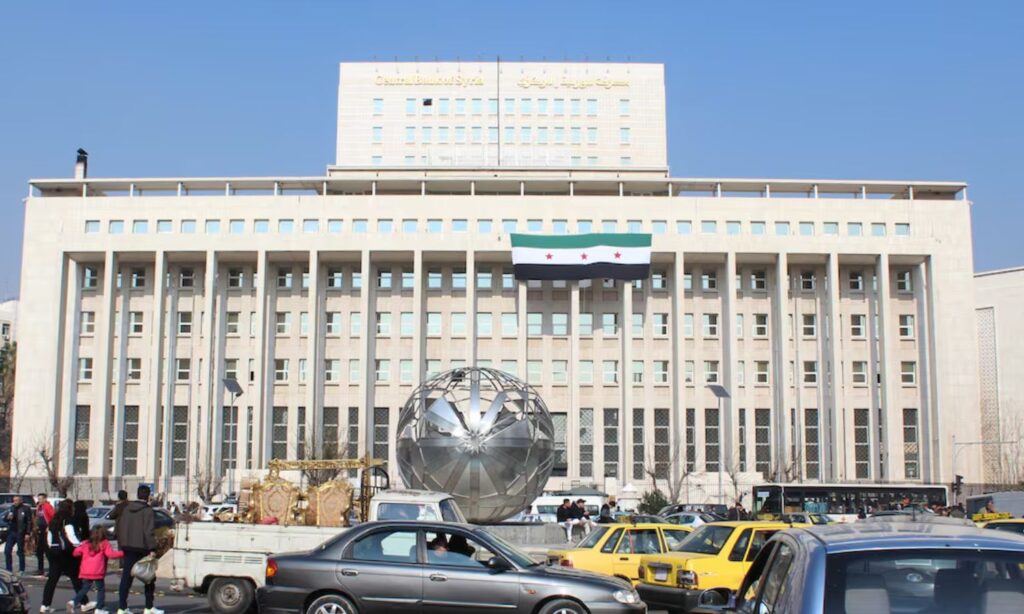The Head of the Investment Authority in Syria, Ayman Hamouya, stated that the Western sanctions imposed on the Syrian banking sector hinder vital investments, despite the growing interest from Syrians and foreigners in investing since the fall of the ousted president Bashar al-Assad.
He added, as mentioned by Reuters today, Monday, February 10, that he receives dozens of requests daily from businesspeople, mostly Syrians, Turks, and Gulf Arabs, alongside some European investors, to implement projects that include building hospitals, establishing wind power stations, and developing real estate.
He pointed out that the sanctions have led to a “halt of everything” and that they primarily affect the Syrian people, increasing their suffering.
Hamouya considered that the steps taken so far regarding the sanctions are insufficient, noting that it is in everyone’s interest for these transactions to go through a banking system that enjoys oversight and transparency rather than informal transfer networks.
The United States issued, last January, waivers aimed at facilitating the entry of humanitarian aid into Syria for six months, including ensuring that sanctions do not impede essential services and their continuity throughout Syria, including the provision of electricity, energy, water, and sanitation.
This authorization does not lift the ban on the properties or interests of anyone prohibited under any of Washington’s sanctions programs, including al-Assad and his associates, the Syrian government, the Central Bank of Syria (CBS), or Hayat Tahrir al-Sham (HTS).
On the 27th of the same month, the European Union approved a roadmap to ease sanctions following the fall of the Assad regime on December 8, 2024, which may include measures concerning the banking sector, according to European diplomats.
Current European sanctions include a ban on Syrian oil imports and the freezing of any assets of the Central Bank of Syria in Europe.
Officials in the new Syrian administration, along with officials from Arab and Western countries, emphasize the necessity of lifting sanctions on Syria to drive economic growth, development, and reconstruction, thereby alleviating the burdens on the Syrian people, a topic that currently dominates political discussions regarding Syria.

